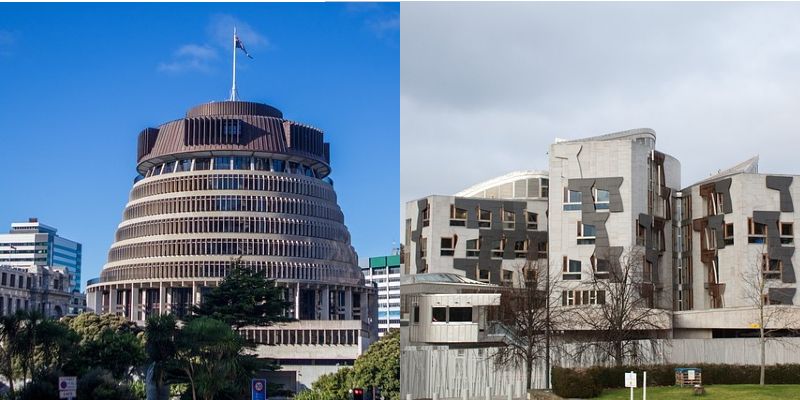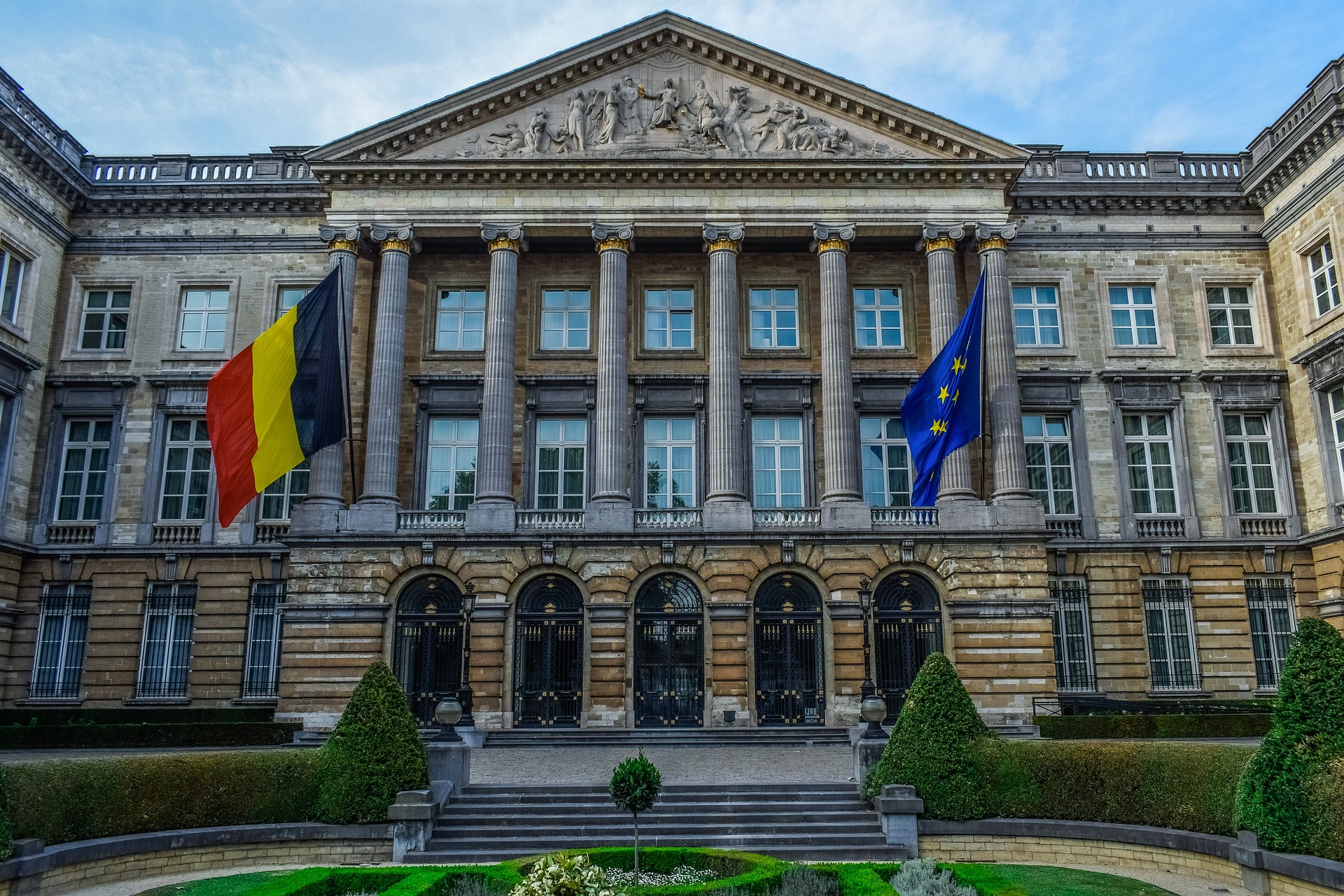18 April 2023
Speakers: Katherine Farmer (Senior Business Analyst, Office of the Clerk of the House of Representatives, New Zealand Parliament); Alistair Stoddart (Senior Participation Specialist, Participation and Communities Team, The Scottish Parliament)
As parliaments develop more channels for citizens to submit their views, many are then faced with the challenge of having to process large volumes of comments and submissions within what often are tight political timings and unhelpful processes. This is clearly a challenge faced by many parliaments so we have put together two Public Engagement Hub seminars on the topic to discuss different types of approaches.
In this first seminar, we will hear about how staff in the parliament of New Zealand have addressed this challenge by making sure citizens’ evidence is considered by members in committees. The focus will be on how the increasing number of submissions has changed how members get information from them, and proposes how members can engage with the data more directly.
This will be supplemented by a case study at the Scottish Parliament, which will outline how the Parliament analyses and processes mass citizen submissions. The focus will be on engagement for the Fireworks and Pyrotechnic Articles (Scotland) Bill and the Hunting with Dogs (Scotland) Bill which received over 4,000 responses from the public.
This seminar is jointly organised by the Inter-Parliamentary Union (IPU) and the International Parliament Engagement Network (IPEN). The event is part of a series of webinars hosted by the Public Engagement Hub.
This seminar takes place on Zoom and is open to anyone with an interest in public engagement with parliaments. Please register here.
Images
New Zealand Parliament building by Squirrel_photos from Pixabay; Scottish Parliament building by Stefan from Pixabay.










